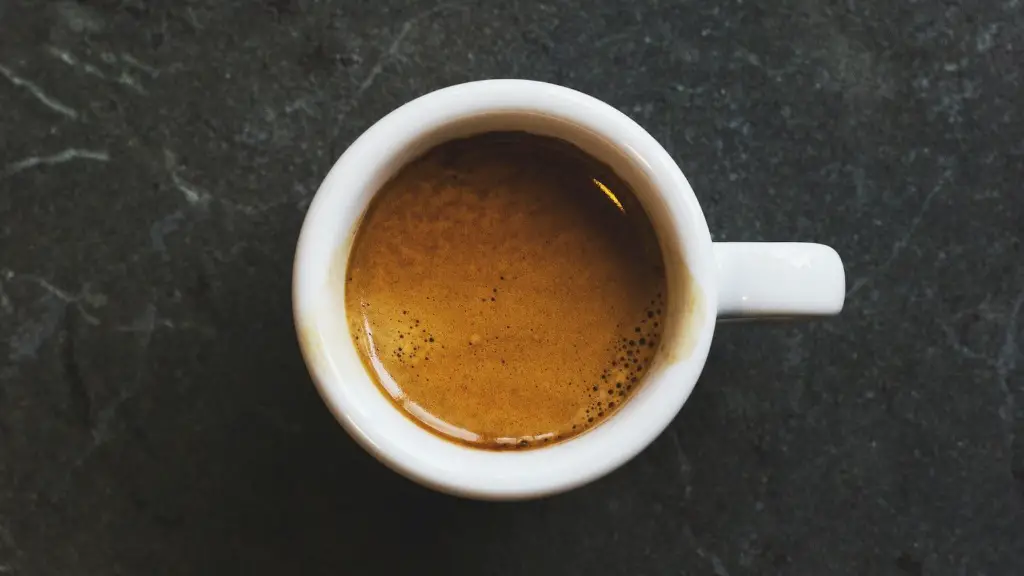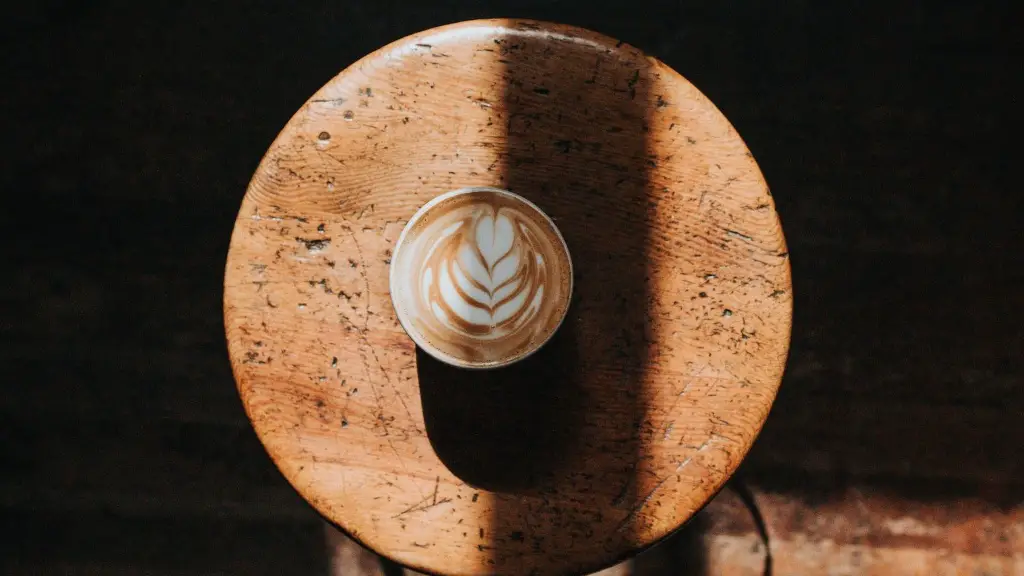The Cause of Muscle Cramps
Muscle cramps are a common problem. People experience them in various parts of their body, and questions are often asked about why this happens. Muscle cramps can be caused by a number of factors, but one of the most common is consuming coffee. It is a common experience for those who consume it to experience cramps after drinking coffee, and it can be an unsettling experience. So why does drinking coffee cause cramps?
The Facts About Caffeine and Muscle Cramps
Caffeine is a stimulant, and drinking coffee increases the amount of caffeine in the body. Caffeine can affect both the body’s nervous system and muscles, and this can be a factor in causing cramps in the body after drinking coffee. Caffeine can also cause an imbalance in the body’s electrolytes, which are chemicals that are important for activating muscles and nerves. An electrolyte imbalance can cause the muscles to become stressed, resulting in cramps.
The Effects of Coffee on the Body
Coffee can also have some other effects on the body. For example, it can increase the heart rate, and this can also be a factor in causing muscle cramps. Furthermore, coffee can also affect the body’s hydration levels, as it is a diuretic. This means that it makes the body produce more urine than normal, which can result in dehydration. Dehydration can lead to a variety of problems, including muscle cramps.
What You Can Do to Reduce the Risk of Cramps
It is important to reduce the risk of cramps after drinking coffee. One way to do this is to ensure that you stay hydrated before and after drinking coffee. It is also important to limit your consumption of caffeine, as too much can lead to an electrolyte imbalance or dehydration. Additionally, you should also try to get enough sleep, as sleep deprivation is also a common cause of muscle cramps.
Conclusion
Consuming coffee can be a cause of muscle cramps in many people. Caffeine can affect both the body’s nervous system and muscles, and can cause an imbalance in the body’s electrolytes. In addition, coffee can also increase the heart rate and cause dehydration. It is important to reduce the risk of cramps by staying hydrated, limiting your caffeine consumption, and getting sufficient sleep.
Known Side Effects of Caffeine on the Body
Caffeine is known to have a number of side effects on the body. These include increased heart rate, increased urination, nausea, headaches, insomnia, and anxiety. Consuming too much caffeine can also lead to disturbances in heart rhythm, chest pain, and seizures. Caffeine can also interact with some medications, so it is important to speak to a doctor before increasing your consumption.
The Benefits of Regular Coffee Consumption
In spite of its potential risks, coffee has a number of health benefits. It contains antioxidants that can help protect against certain diseases, as well as vitamins and minerals that the body needs. Regular consumption of coffee can also improve cognitive function, reduce the risk of certain types of cancer, and boost physical performance.
The Dangers of Overconsumption
Despite the potential benefits, it is important to be wary of overconsumption of coffee. Too much of it can lead to a number of health problems, including cramps. It is important to be mindful of your own individual caffeine tolerance and adjust your consumption based on this. Additionally, it is also important to understand that different types of coffee have different levels of caffeine, and this should be taken into account when choosing which type to drink.
Factors That Can Increase Your Risk of Cramps
There are several factors that can increase the risk of experiencing muscle cramps. These include not staying hydrated, doing too much physical activity, and not getting enough sleep. Additionally, certain medical conditions, such as diabetes and lupus, can increase the risk of cramps as well. It is important to be aware of these factors, and to take steps to reduce their impact if possible.


